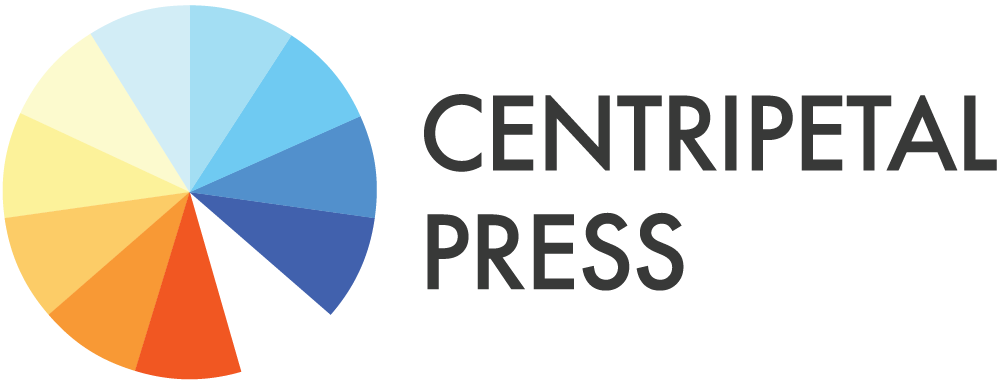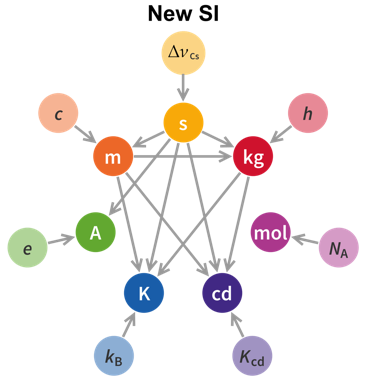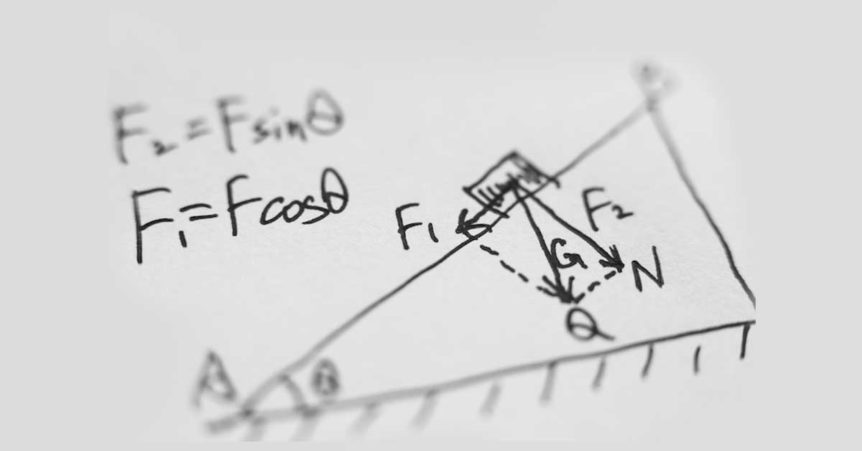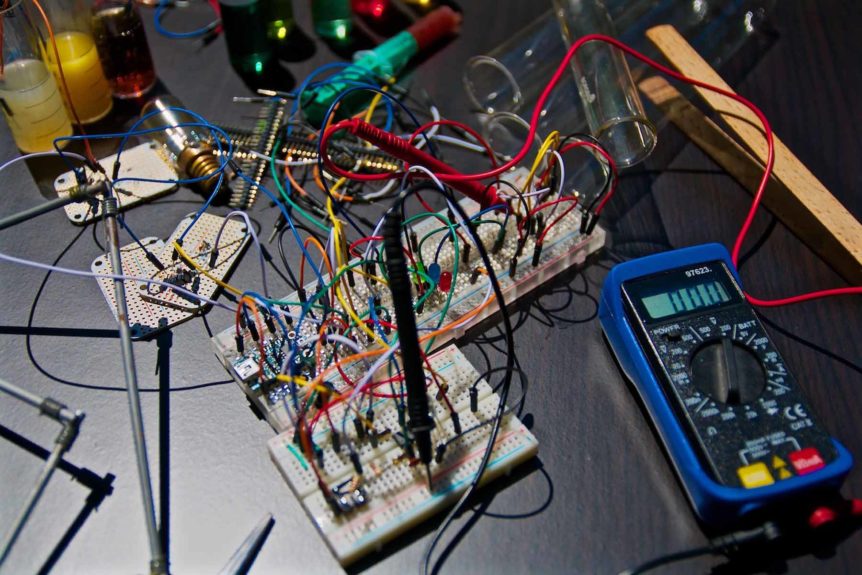Many upper-school science teachers are aware that last year (2019) a substantial revision to the SI unit system, commonly known in the US as the metric system, went into effect. If you are not aware that the SI system underwent a significant revision, you should be. The revision completely changed the definitions of four of the seven SI base units …
Attention Rule Followers!
Your hang-up is ruining your kid’s science experiments Let’s face it. Many homeschooling parents (and classroom teachers) are consummate rule followers. After all, stable society is built on rules, right? The rule of law, and so on? Without rules, we descend into beasts. And we exemplify rule following if for no other reason than out of the wish to pass …
Assessing Students at Home
In this short article, I want to outline how homeschooling parents can manage the task of grading assignments and assessments for upper-grade courses. By way of framing this conversation, I should mention that Centripetal Press texts use two types of questions: computations and verbal questions. Computations are solved mathematically, and we always provide the correct answers in the text. Verbal questions …
Why are our lab experiments so complicated?
Lab Experiments and the Goals of Science Education Most science educators agree that labs are an essential part of any science course. However, the goals of the laboratory work differ significantly between the different scientific disciplines. Introduction For courses in life science, earth science, and general biology, the goals of the laboratory component are most often descriptive, that is, mainly about …
Sequencing the Upper School Science and Math Curriculum
There are times when conventional wisdom should be heeded. However, when it comes to sequencing science courses in a high school program, conventional wisdom has produced a standard that fails to serve the needs of many students and fails to take advantage of the ways science courses can build on one another. In this paper, we present and justify a …





